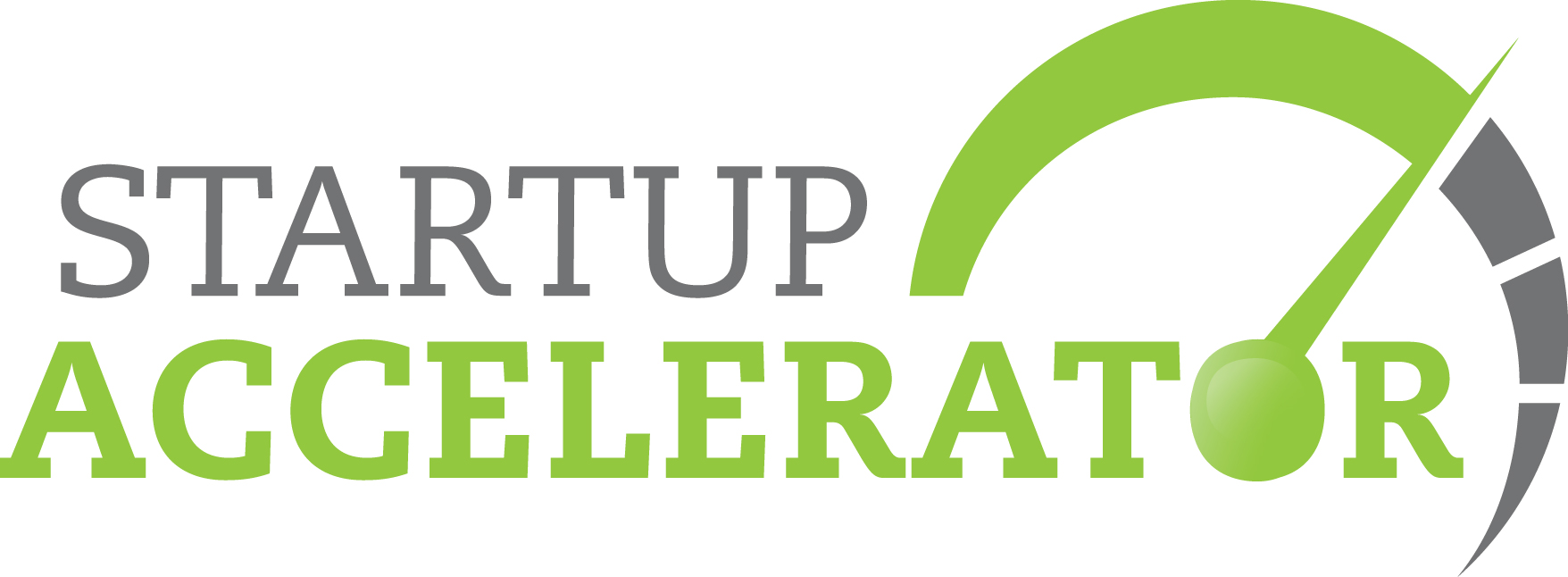Why I’m Running an Accelerator in Rome

Got an awesome for-profit startup idea? You’ll get funded.
What about a great mission-driven idea? You’ll get funded, too.
How about a for-profit, mission-driven idea? Not so fast.
Typically Sand Hill Road venture capitalists in Silicon Valley frequently balk around mission-driven companies. Similarly, social impact investors rarely pour money into startups that emphasize the “for-profit” portion of the equation.
Why can’t companies focus on both?
In an effort to change investors’ views of mission-driven, for-profit startups — which I’ve encountered regularly over the last four-plus years at my VC fund Fresco Capital — I’m happy to announce that we’re running an accelerator in Rome this summer. It focuses on raising awareness about the importance of investing in companies that are aiming for huge profits while also caring about doing good in the world.
The Vatican cares deeply about mission driven for profit companies and has been part of the global conversation on impact investing and the future of impact investing. Also, in his recent TED Talk, His Holiness Pope Francis challenged tech companies to do better.
The Laudato Si’: On Care for our Common Home is His Holiness Pope Francis’s second encyclical that focuses on addressing the climate crisis. Pope Francis has challenged the world in Laudato Si’ to act.
When the perfect opportunity presented itself, I knew we had to act. This accelerator is our response to the challenge laid out in His Holiness Pope Francis’ edict by focusing on for profit mission driven companies that focus on the challenge and values of the Laudato Si’.

Why I’m Doing This
First things first: some definitions. A mission-driven, for-profit startup is a company that has a social mission at its core — compared to a solely for-profit company that is singularly focused on selling ads. Think of Aspire Foods vs Pinterest.
Currently, founders are caught between creating companies that solely exist to make profits and creating companies that are more concerned with social causes.
This ambivalence makes it next to impossible to raise capital. So, more often than not, founders are forced to turn to NGOs or a non-mission-based business model (you know, like Pinterest).
This is unfortunate.
As a five-time entrepreneur turned VC at Fresco Capital who has run accelerators in Hong Kong and Palo Alto I’ve seen this problem first hand. I’m motivated to start a global conversation in the investment community on the value of for profit mission driven companies. As a global citizen with young children, I’m called to respond to His Holiness Pope Francis’ challenge.
What does success look like with respect to this particular endeavor? Incubating several mission-driven companies that deserve VC dollars and eventually provide a handsome return.
Investors and companies in this mission driven space have done some great work and seen a nice return in the past. This list includes our investors: Ibrahim Al Husseini — Founder, The Husseini Group; Chade-Meng Tan — Co-Chair, One Billion Acts of Peace; Caitlin Sparks — Partner, FullCycle Energy Fund; Thomas Ermacora — Founder, Clear Village; Andrew Mangino — Founder, The Future Fund; Lola Grace — Founder & Chairman, Middle East Children’s Institute.
We intend to follow in their footsteps and make a difference.
How It Works

This unique accelerator starts virtually — right away founders chat with the program director on Skype about what metrics are needed to grow and mentors are assigned (we’ve got 100 mentors lined up) to help. Then from July 13th to September 9th, there is an in-person accelerator program in Rome focused on business development, growth (we have a “growth hacker in residence” as part of the program), and customer development. As part of the program, a $100,000 USD equity investment (6%-8%) is made (via our investors listed above). After September 9th we will continue for a few months virtually and finish with a Demo Day at the Vatican in December.
This accelerator is primarily seeking startups that have already enjoyed some traction but are pre-Series A.
In the spirit of the Laudato Si’, we’re looking for startups in the following domains:
- Energy. Transform our energy systems to mitigate the most severe consequences of climate change. Preserve our common home.
- Food. Reengineer our food systems to minimize their contributions to greenhouse gas emissions. Make them resilient to a changing climate. Guarantee food security for all.
- Water. Adapt our governance, resource management, and technological systems to spatial and temporal changes in quantity and quality of freshwater to protect the well-being and livelihood of everyone.
- Urban. Restructure our urban communities for carbon neutrality and resilience to climate change impacts in ways that are inclusive. Value local knowledge and culture regardless of income level or identity. Provide the opportunity for all lives to flourish.
- Human potential. Minimize human suffering resulting from the migration, health, and humanity security impacts of climate change. Build bridges — not walls.
- Conservation. Protect the world’s most fragile ecosystems. Preserve global biodiversity. Maintain healthy and thriving ecosystems across the globe.
- Finance & industry. Reshape verticals, business models, and finance to mobilize $10 trillion by 2030 to invest in a carbon-neutral economy. Create a new ecosystem of businesses providing products and services to help individuals and communities adapt to climate change.
This is your opportunity to get in on the ground level of a multi-year, global initiative.
You can apply during the May 5–June 5 period. Be ready to take part in an in-person accelerator in Rome — taking place from July 13–September 9. Check out our website for some more info: http://www.laudatosichallenge.org
Join us this summer. Do it. We’d love to have you. One more time: Apply here.
Why I’m Running an Accelerator in Rome was originally published in Fusion by Fresco Capital on Medium, where people are continuing the conversation by highlighting and responding to this story.
